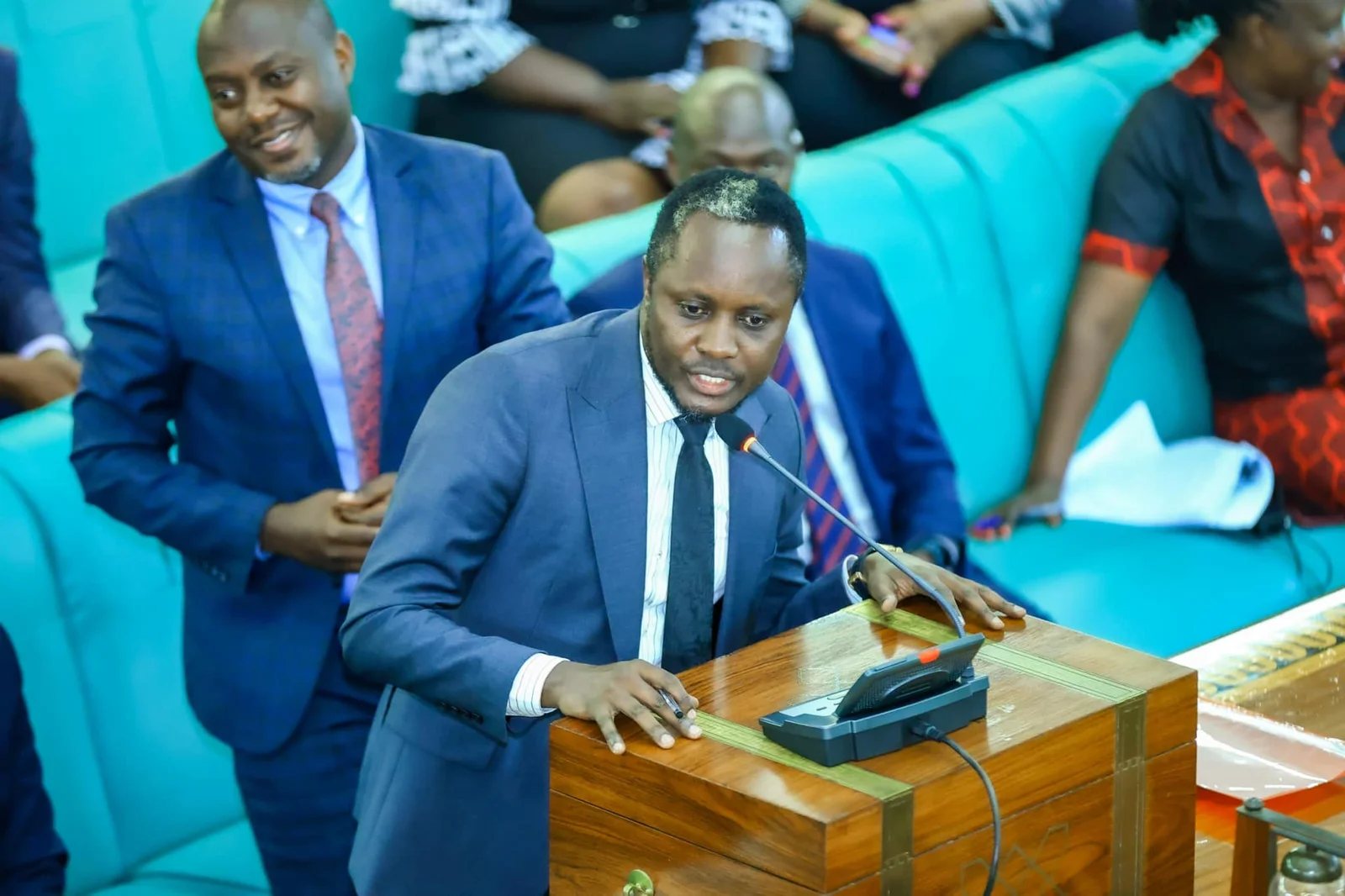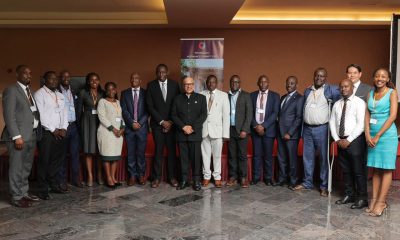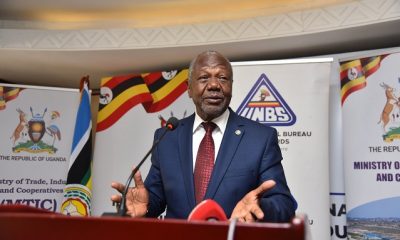Analysis
The Digital Levy Debate – Balancing Creativity, Consumer Costs, and Internet Growth
The proposal to introduce a private copying levy on digital transferable gadgets has ignited a fresh debate in Uganda’s policy and creative circles, laying bare the tensions between protecting intellectual property and ensuring affordable access to technology.
On one side, Gender and Culture State Minister Peace Regis Mutuuzo and a section of musicians led by Mawokota North MP Hillary Kiyaga (Dr Hilderman) argue that a modest, one-time charge on devices such as smartphones, tablets, external hard drives, and memory cards is a necessary lifeline for the creative industry. Mutuuzo’s position is that these gadgets are not neutral tools; they are conduits for unmonitored sharing of music, books, films, and other copyrighted content. Even passive exposure—like hearing a caller tune—constitutes content consumption, she says, and thus justifies creator remuneration.
Her proposal mirrors systems already operational in countries like Kenya, Ghana, Malawi, Tanzania, Botswana, and Nigeria. The envisaged levy would be tied to device storage capacity and collected at the import or manufacturing stage. The funds, Mutuuzo adds, would not only provide royalties to artists but also finance cultural infrastructure such as studios and cultural centres, shifting from earlier grant-based plans for emerging artists.
The resistance, however, is equally strong. Attorney General Kiryowa Kiwanuka warns that such a levy could raise gadget prices, undermining the government’s internet expansion agenda and excluding low-income Ugandans from digital access. He also questions the fairness of charging all device buyers, regardless of whether they consume copyrighted material.
Advocates from the creative sector, including Uganda Reproduction Rights Organisation’s Charles Batambuze and veteran musician Sarah Kyazze Namulondo, counter that unchecked copying—whether of comedy skits, books, or music—bleeds artists of income and discourages talent growth. Namulondo accuses even government institutions of photocopying learning materials en masse without compensating authors.
Legal minds like Counsel Norman Mbabazi push the debate further, suggesting that other revenue sources—such as hotels retransmitting DSTV content to multiple rooms, public transport operators playing music for passengers, and local telecom companies profiting from content-heavy apps like TikTok—should be targeted. With Ugandans reportedly spending UGX 55 billion daily on TikTok-related data, Mbabazi believes telecoms should shoulder part of the cost of sustaining local content creation, especially since much of the platform infrastructure lies beyond Uganda’s jurisdiction.
The argument boils down to three competing priorities:
- Fair remuneration for creators in a market where piracy and casual copying are rampant.
- Affordable technology access to close the digital divide.
- Sustainable internet growth as a driver for economic development.
Globally, private copying levies have been a mixed bag—successful in generating steady royalties in some markets, but controversial in others for perceived overreach and cost inflation. Uganda’s challenge will be crafting a policy that protects its artists without stifling its citizens’ digital aspirations.
The stakes are high: failure to secure fair compensation could further weaken Uganda’s already fragile creative economy, while overburdening gadget buyers risks slowing the country’s digital transformation.
Comments



























